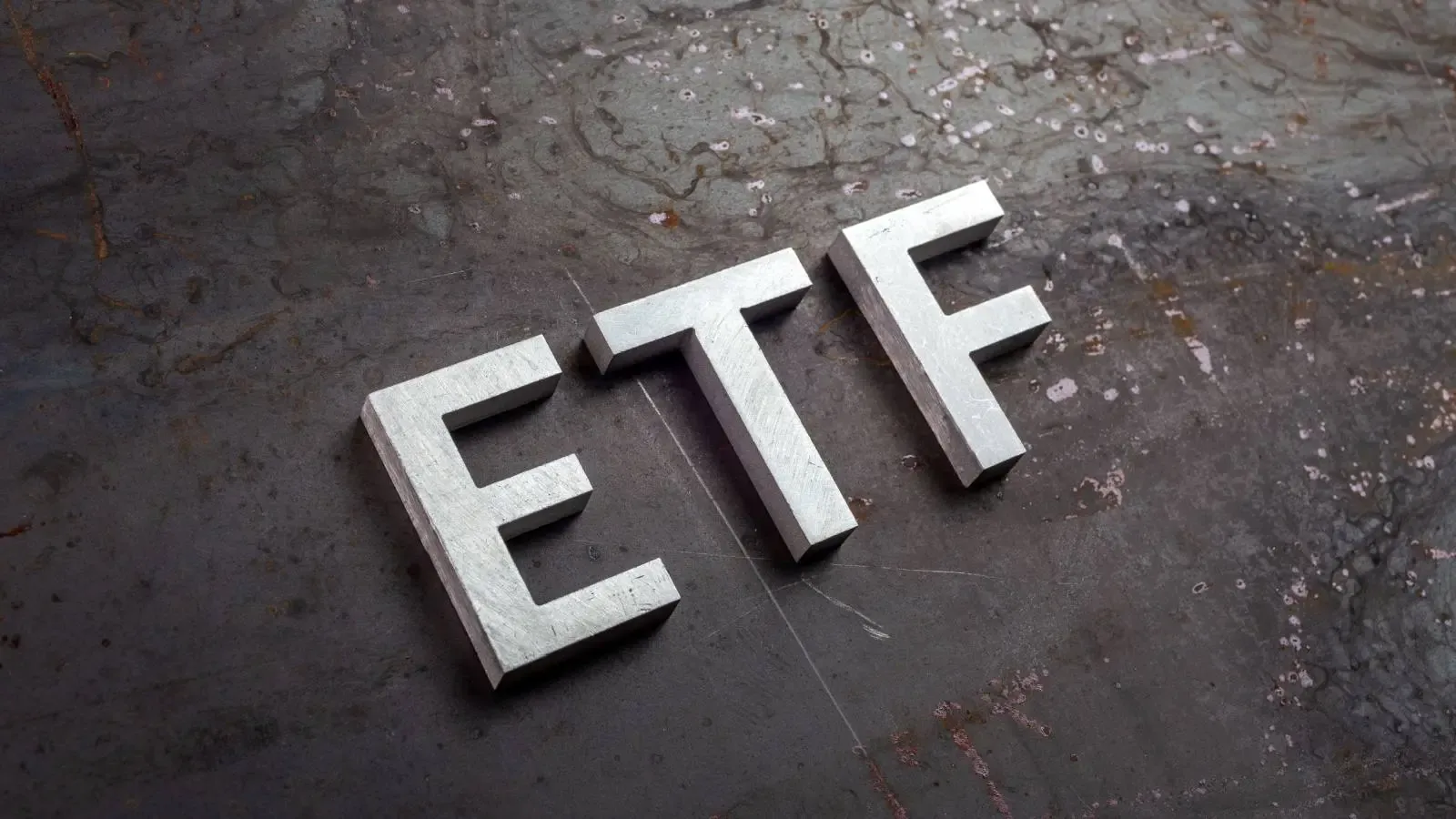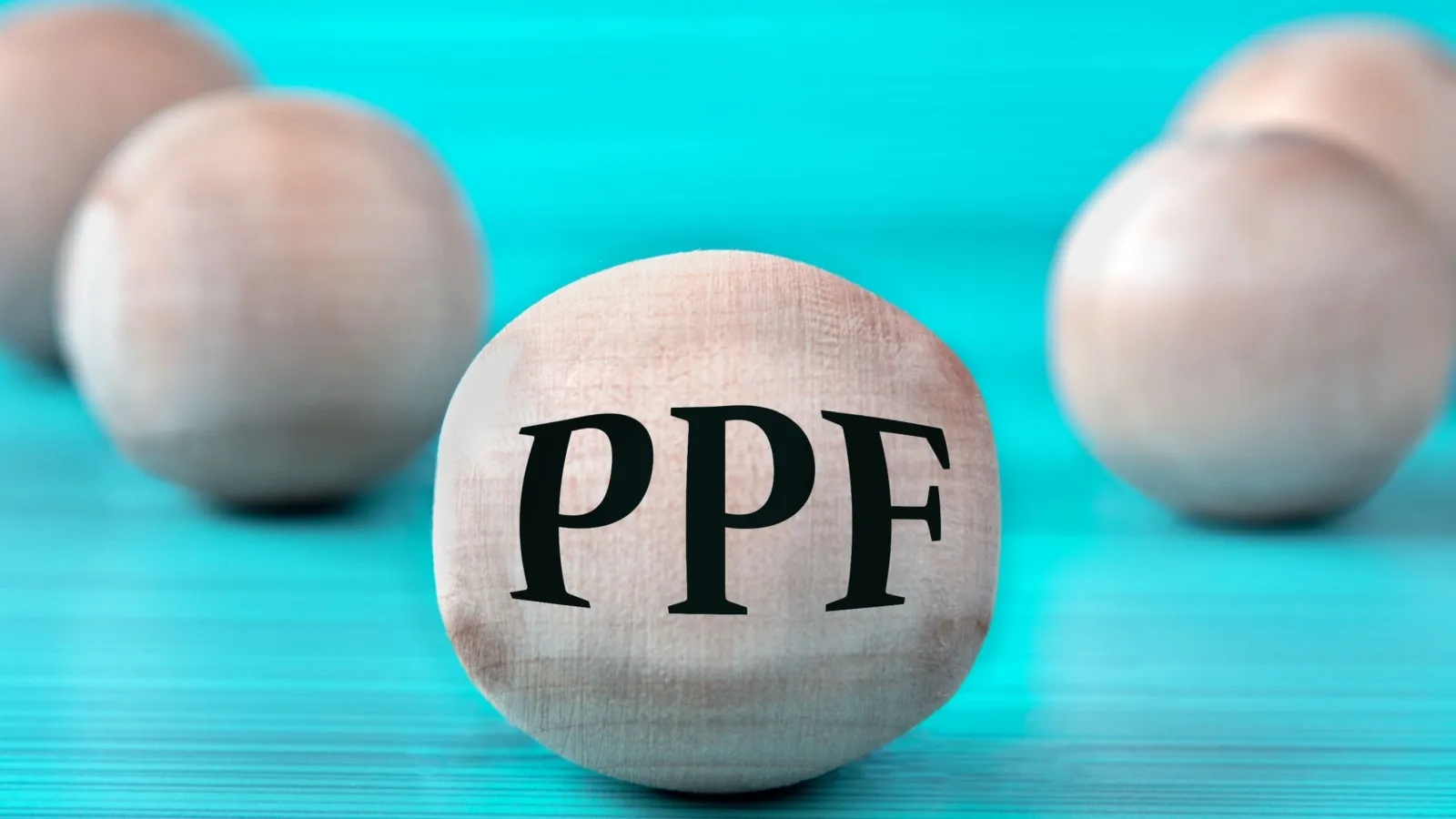Personal Finance News
Gold buying with PPF account: Can you buy a gold coin on Diwali/Dhanteras with PPF money?

3 min read | Updated on October 09, 2025, 19:07 IST
SUMMARY
Gold buying on Dhanteras/Diwali 2025: You can buy gold coins if you have enough cash in hand or in your bank account. However, when it comes to using funds from your PPF account for this purpose, it is neither directly possible nor advisable.

The purpose of PPF is to enable account holders to accumulate a decent sum for retirement. Image source: Shutterstock
Several Indian households and individuals buy gold coins during Diwali and Dhanteras every year. With the price of the yellow metal skyrocketing this year, many may skip the tradition. Still, some individuals might be tempted to explore new sources of funding to continue their routine Diwali gold coin purchase.
You can buy gold coins if you have enough cash in hand or in your bank account. However, when it comes to using funds from your PPF account for this purpose, it is neither directly possible nor advisable.
You can buy gold coins if you have enough cash in hand or in your bank account. However, when it comes to using funds from your PPF account for this purpose, it is neither directly possible nor advisable.
Let's understand this in detail.
It is not directly possible to buy gold coins with PPF money because the Public Provident Fund (PPF) rules do not allow withdrawals for purchasing gold or any asset.
In other words, PPF money itself cannot be directly used for buying gold coins. A withdrawal has to be made from the PPF account, following PPF rules, before the funds can be spent on gold coins during Diwali/Dhanteras.
However, the PPF scheme has very specific withdrawal conditions.
According to the post office website, withdrawals from a PPF account are allowed under the following conditions:
"A subscriber can take 1 withdrawal during a financial after five years excluding the year of account opening," the post office says.
For example, if the account opens during 2025-26 the withdrawal can be taken during or after 2031-32.
It further says, "Amount of withdrawal can be taken up to 50% of balance at the credit at the end of the 4th preceding year or at the end of the preceding year, whichever is lower."
In the above example, withdrawal that can be made in 2031-32 is up to 50% of balance as on 31.03.2028 or 31.03.2031, whichever is lower.
You can make a full withdrawal on maturity after 15 years.
The scheme also allows premature closure after 5 years from the end of the year in which the account was opened under the following situations:
-
Life-threatening disease of the account holder, spouse, or dependent children.
-
Higher education of account holder or dependent children.
-
Change of resident status of account holder
However, at the time of premature closure, 1% interest is deducted from the date of account opening/date of extension as the case may be.
Why is it not advised?
Withdrawals from PPF accounts are generally intended for emergencies or long-term financial goals, not for direct purchases like gold coins.
The purpose of PPF is to enable account holders to accumulate a decent sum for retirement. This is the reason why the scheme has a long lock-in of 15 years.
Moreover, the scheme offers guaranteed returns with tax-free withdrawals on maturity. Therefore, one should avoid withdrawing from the PPF account for shopping or making purchases like gold coins.
Related News
By signing up you agree to Upstox’s Terms & Conditions
About The Author
Next Story



